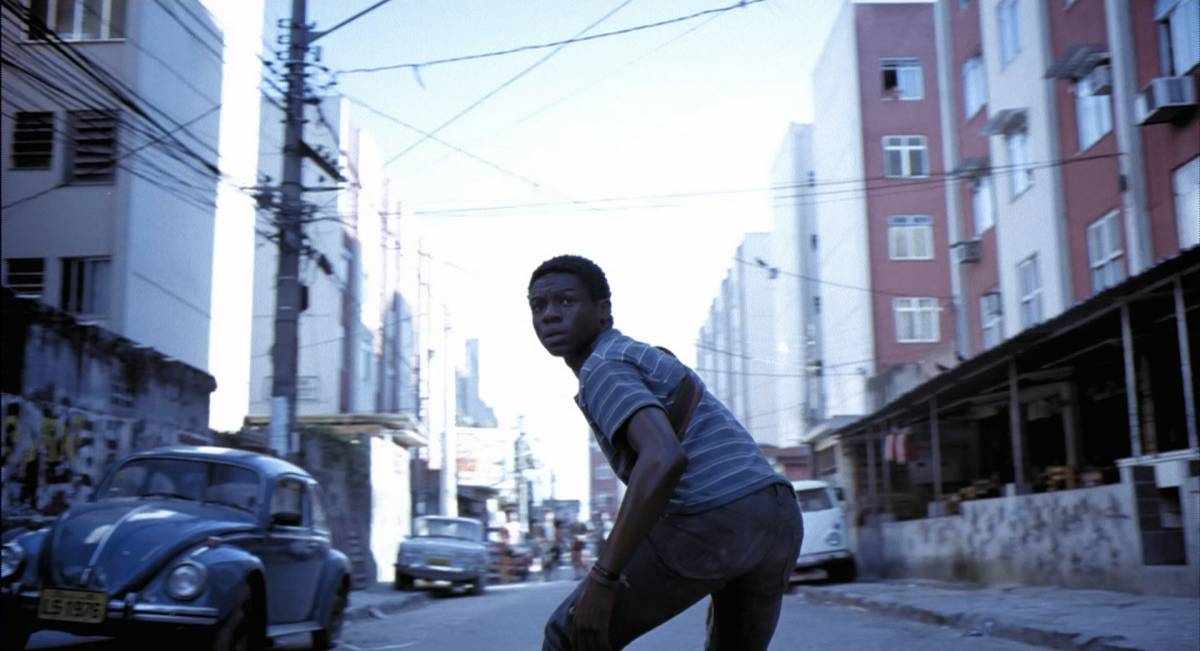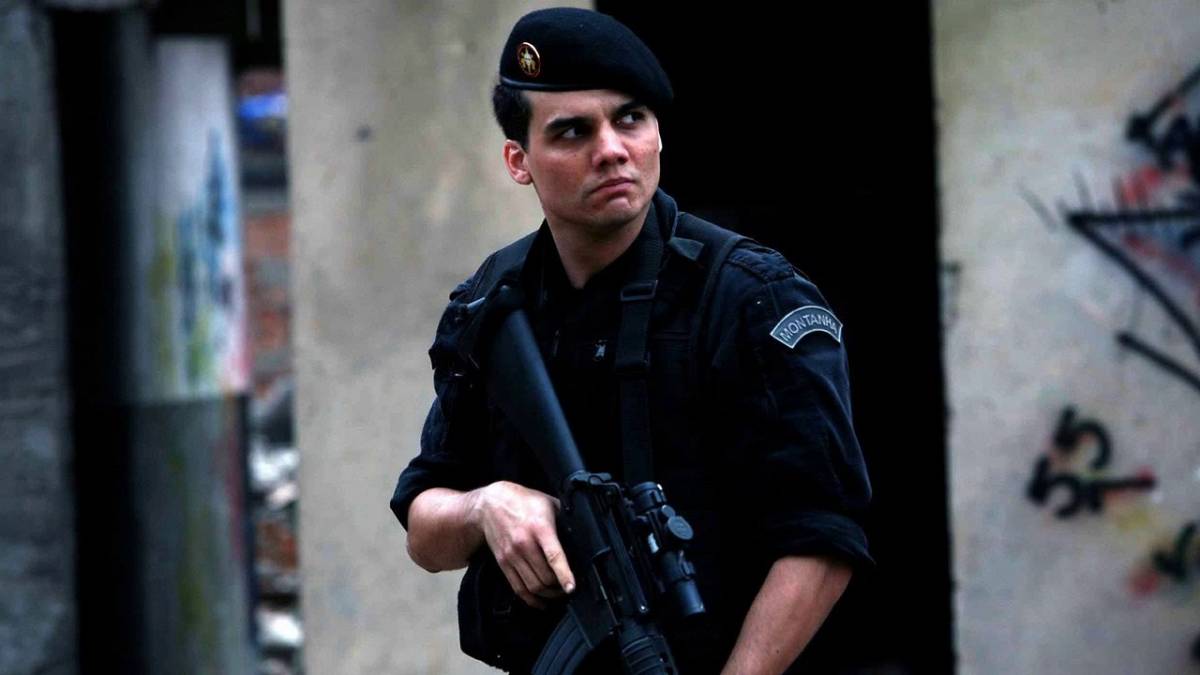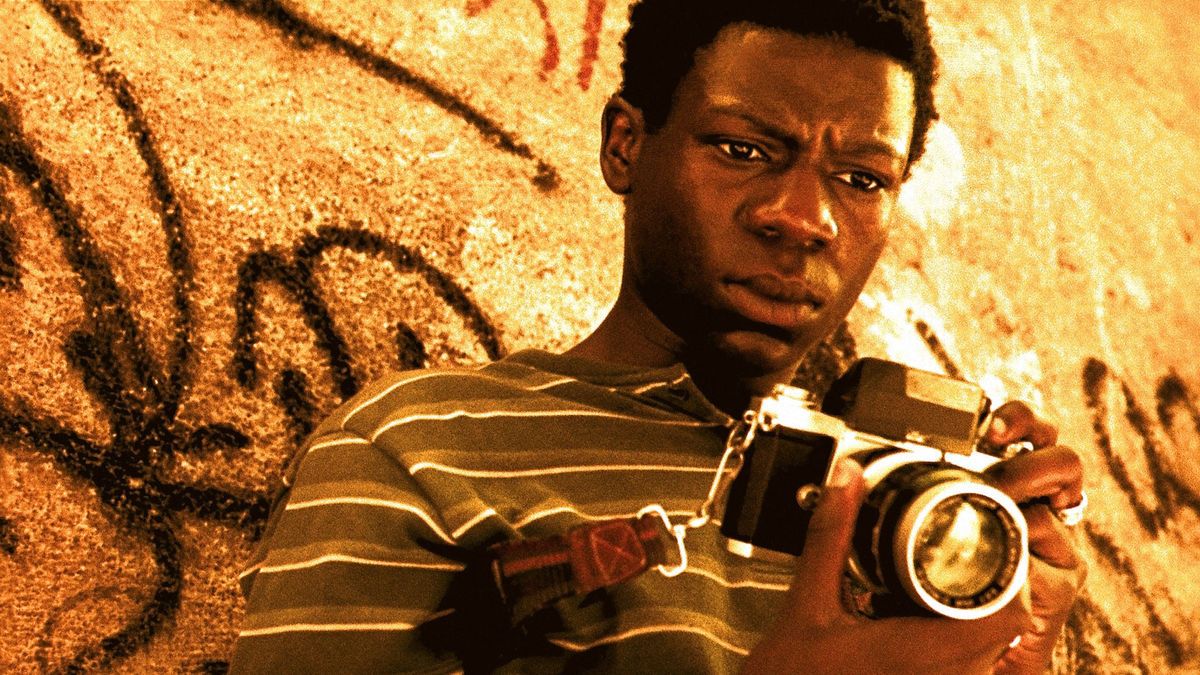As an outsider looking in, it’s easy to fall in love with Rio de Janeiro at first glance. The Bossa Nova beats, the Copacabana scenery and the constant party atmosphere; Rio de Janeiro is Samba City to an outsider and has a charming allure that make the city a must on anybody’s travel bucket list.
However, as with any other city in the world, things get a lot bleaker when you scratch the surface. In 2002, a movie was released that not only scratched that surface but smashed our perceptions of Rio de Janeiro into pieces.
That movie was City of God (Cidade de Deus).
City of God tells the story of two residents of the City of God favela in Rio, a kid named “Rocket” and another named “Lil Ze”. The story spans over three decades and shows the vastly different directions that Rocket and Lil Ze take in their lives.
Rocket wants to live a legitimate, prosperous life whereas Lil Ze only ever wanted to be a gangster, allured by the Robin Hood lifestyle that we see at the start of the film where a gas truck gets robbed and the contents shared between the residents. With a short stature and an even shorter temper, Lil Ze had his life of crime planned out.
It’s often said that Brazilian kids come out of the womb kicking a soccer ball, and, to an extent, that is true because kids from these slums simply do not have many opportunities to “go straight”. For a lot of kids like Lil Ze, favela life is dog-eat-dog and it’s better to be the rich dog who knows how to peddle cocaine and handle a gun.
Crime is still prevalent in the City of God favela but has dropped drastically since the movie was released, largely in part due to the “pacification” of the area by the Brazilian authorities. Pacification meaning that the area is stacked with security forces.
The Brazilian economy also picked up and soared in 2010, leading Brazil to both dream of and live in a financial fairytale with the help of domestic industries, such as the automobile industry. For a brief period, Brazil had money and with money comes jobs.
In 2015, Brazil had hit its worst recession in three decades.
This led to unpopular anti-austerity measures being put in place by the Brazilian government. President Dilma Rousseff was removed from office as a result of impeachment, in part due to accusations of corruption. Corruption is nothing new in Brazil and this is something that was touched in Cidade de Deus, the idea that the “upper echelons” of Brazilian society do not care for the lower classes of Brazil, that the poor are something that can be cast off into the corner.

That’s why the City of God favela was built in the first place.
The City of God favela may no longer be the biggest slum in Rio, but that is painfully indicative of the economic problems that Brazil has faced in the past and continues to face today. Rio has a population of around 6 million and a fifth of that population lives in a slum. Education is free in Brazil, but child labour is also rife.
Kids from these slums have to somehow get jobs at a young age to help support the family. At times, school takes a backseat. In the City of God: 10 Years Later documentary, a number of the cast point out that if you’re a black kid from the slums your chances of landing a legitimate job are, at best, slim. That leaves jobs like selling food on the street, as Rocket and his brother do, or the life of a hoodlum.
The economic inequality is inevitably linked with the crime rate in Brazil. Brazil is often ranked in the top 20 lists of homicides per country and is a regular exporter of locally produced cocaine. Surprisingly enough, in 2008 Rio de Janeiro recorded its lowest murder rate in 18 years yet express kidnappings are common all around Brazil.
In 2006, Sao Paulo saw its worst outbreak of gang-related violence as they targeting civilians and security forces. 40 Sao Paulo police officers were killed, and in retribution they naturally wanted to hunt those responsible, which led to more days of violence and citywide crime.
While Cidade de Deus does portray an all-out war and corrupt police force, the favelas in Rio de Janeiro are not quite the war zones that City of God portrayed. It’s not unheard of for the gangs to actually work together in the favelas as to protect the harmony of their empires.

However, with that much money and power involved, the peace can only last so long. There are still shoot-outs in the slums, and that’s part of the routine.
Cynically speaking, the gangs help out those living in the favela, as the Tender Trio do at the start of City of God and as Antonio “Nem of Rocinha” Lopes did in the Rocinha favela, to help strengthen their grip and influence on the poor of Rio and thus aid in their recruitment.
It could be argued that the “Nem of Rocinha” actually did more to improve the image and lives of those in Rocinha than any politician ever could have.
The Robin Hood type of drug lord may have started with Pablo Escobar, but that character is still alive and well in Brazil (and in other Latin American countries). In City of God, Benny and Lil Ze play both sides of the drug lord. Benny is the easy going Robin Hood archetype who will give away joints to the locals, whereas Lil Ze is the kind of drug lord who will torture and execute a child because they stole bread.
It could be argued that Elite Squad portrayed the corruption and brutality of law enforcement more accurately than City of God did. Elite Squad portrayed the BOPE as a ruthless killing machine who torture and kill whoever they need to in order to maintain peace, and in that film you see that the police are out-funded and out-gunned officers who look to make a quick buck.
It was reported in TIME Magazine in 2009/2010 that Brazilian police officers had murdered 11,000 civilians in Sao Paulo and Rio de Janeiro. It’s better to accept money from the gangs than a bullet to the head, right?
In the last couple of years, however, Brazil has hosted both the World Cup and the Olympics. Despite both events having their own controversies, such as Brazilians not wanting the World Cup and the Zika Virus, these tournaments went on generally hassle free. Fans went to Brazil and came back safe with fond memories of the country, but ultimately, countries that host either tournament take a huge financial hit. We should hope that Brazil had a plan in place to cope with their precarious currency taking a further beating.
Things could look up for the poor in Brazil, however. Favelas such as the City of God have introduced their own alternative currencies, similar to what America and Germany did during their periods of economic turmoil. This encourages the locals to buy locally instead of going into the wealthier towns and pumping more money into the cities that look down on them, some of these alternative currencies have actually become stronger than the Brazilian Real, so outsiders are coming in looking for bargains.
It’s not unheard of for foreigners who move to Brazil for work to actually choose to live in the favelas. Whilst you could dismiss this as some twisted gap year fantasy or whatever derogatory term you want, foreigners can change their local currency into the currency of the favela, thus aiding those financially who have been left behind by the corruption and greed of those in power.
Films like City of God and Elite Squad changed the game for Brazilian cinema, they grossed more abroad than they could ever dream of and set the standard for the Cinema Novo movement, but they also forced the eyes of the world on the problems in Brazil and most importantly, the eyes of the Brazilian elite on Brazil.
Murder, torture and drugs have undeniably been a large part of Brazilian history, present and future. These movies had a duty to show it.
It’s a gradual process, and hopefully things will get better in Brazil. It’s a colourful and vibrant country, but as is the case with every country, there’s more to the place than the postcard picture.
Also, if you see a 7 year old playing soccer, he will humiliate you.
Some of the coverage you find on Cultured Vultures contains affiliate links, which provide us with small commissions based on purchases made from visiting our site.

